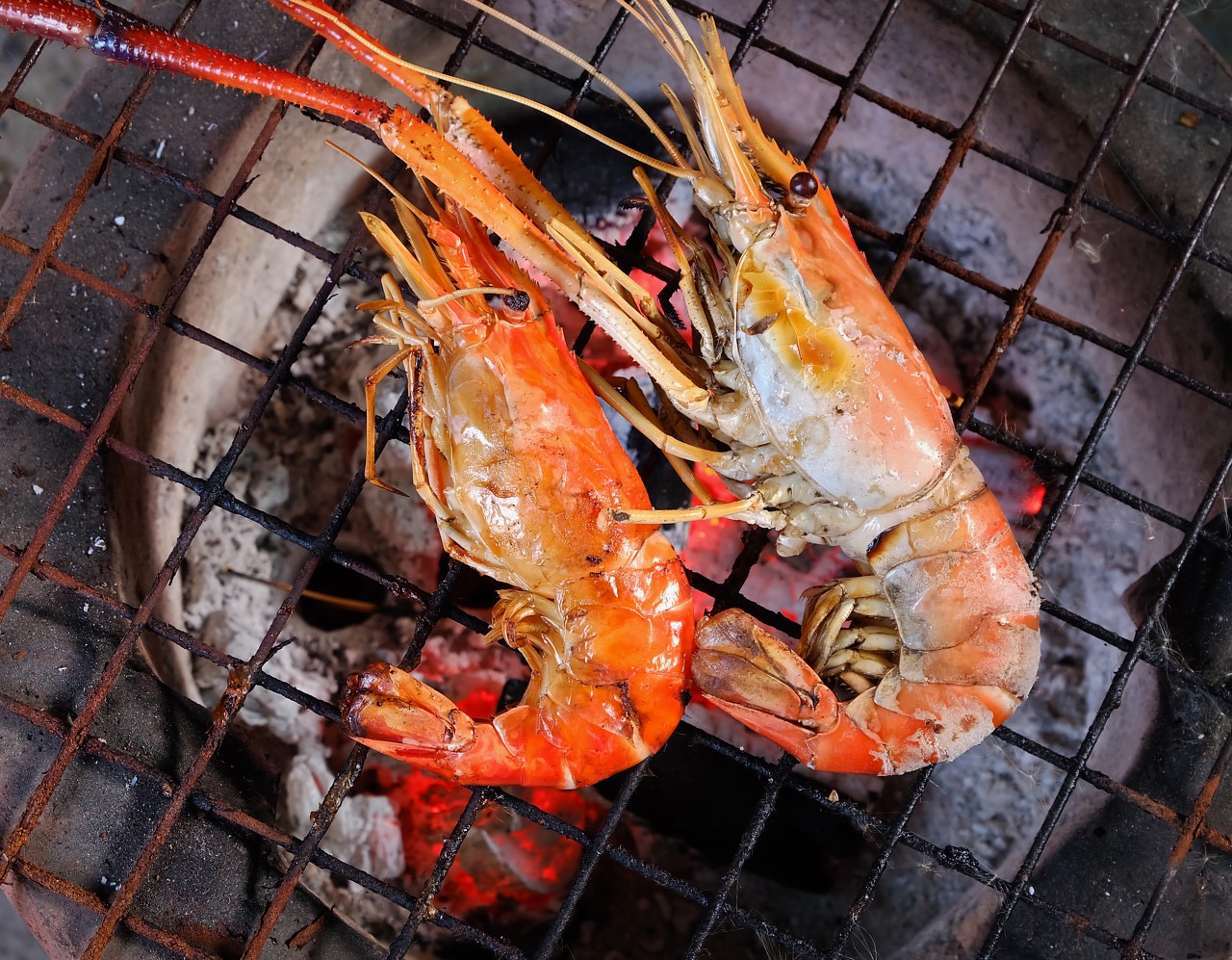China will crack down on platforms hosting online celebrities who make misleading comments related to food products during live-streamed promotions, Chinese media outlet Ce.cn reported, citing Yang Hongcan, leader of the law enforcement bureau of the State Administration for Market Regulation.
Yang said at a food and drug safety-themed press conference that the administration is not facing online celebrities that use live streaming platforms to sell goods, but is against the behavior of promoting unqualified and overpriced products.
Yang’s remarks came as Chinese authorities are conducting a three-month campaign against illegal moves in the food and drug sector starting September. He did not name any platform in particular.
The campaign followed a wide circulated article about a woman who bought shrimps online. The individual, surnamed Dong, was reportedly attracted by an advertisement on Douyin — a short video and live-streaming app owned by the world’s most valuable startup ByteDance — and later paid RMB 194 (USD 27) for a 250-gram package of roasted shrimps.
However, when the shrimps finally arrived, she found they were not as good as promised, and she was not even able to return them to the seller, as the package was missing the producer information, and had no purchase order details, something against normal e-commerce practices.
Douyin later compensated the woman RMB 194 under huge public pressure when Dong’s story was shared frequently on China’s social media platforms like WeChat.
In China’s internet space, live streaming has become a key promotional method for consumer-facing vendors to boost sales, even adopted by traditional e-commerce platforms such as Alibaba.
On Taobao, goods sold via live-broadcasts in 2018 were worth a total of RMB 100 billion (USD 14.9 billion), the firm told KrASIA in April.
Taobao also said that it has higher ambitions for this year, as it aims to nurture 200 live-broadcasting studios to generate an RMB 100 million turnover each.
In 2018, about 81 live-broadcasters surpassed the RMB 100 million mark. These influencers were active in areas including clothing, beauty-makeup, jewelry, mother-and-child products, and suitcases or bags, according to Taobao.
